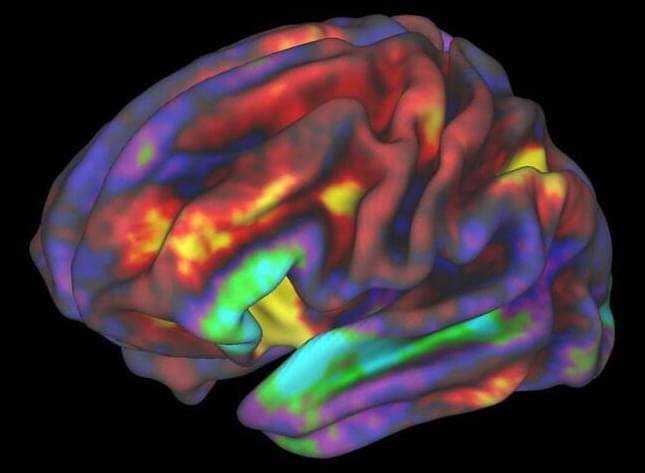The mechanism by which sleep disruption impedes neurodevelopment, however, is still not well understood. It may be that increased wakefulness due to sleep disruption increases glutamate circulation in the brain, affecting glutamatergic structures. Alternatively, decreased REM sleep may reduce “pruning”, an essential developmental process in which superfluous synapses are removed to improve signaling and organization.
The period of neurodevelopment extending from birth to roughly two years of age is one of frenetic, constant change. Neurons and synapses form, are organized, and are pruned. It is well known that sleep plays a fundamental role in these processes, and disruptions to sleep at this stage can be devastating to neurodevelopment and may be the cause of disorders like autism spectrum disorder (ASD).
Understanding the relation between sleep and neurodevelopment in early life is thus essential to understanding (and perhaps preventing) developmental disorders. Building on previous work with prairie voles—a highly social animal with neurodevelopmental similarities to humans—researchers from Portland and California recently published a paper in Current Research in Neurobiology examining the effects of early life sleep disruptions (ELSD) on the prefrontal cortex (PFC).
The prefrontal cortex plays an important role in higher-order social learning, executive function, and cognitive flexibility. It’s also one of the last brain structures to mature, and is thus particularly sensitive to disruptions in development.
